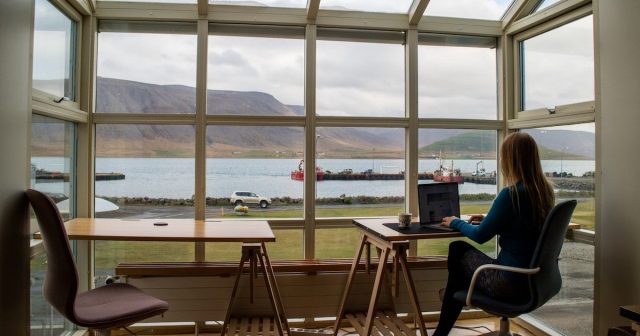The pandemic has brought to the surface a lot of workplace issues that have been postponed for too long. Burnout and overworking or doing extra time while working from home is even more widespread than before and a lot of companies are trying different approaches to tackle this problem.
When it comes to countries, Iceland is leading the way and introduced the 4 day work week without a reduction of pay, as a trial. The first attempts for this full-time work happened between 2015-2019 and the results were very promising.
The masterminds behind the research were Autonomy, a UK-based think tank that collaborated with the Association for Sustainability and Democracy (ALDA) from Iceland. 1% of the country participated in the experiment and they were employed in various sectors in Iceland, from hospitals to offices and shops.
The researchers analyzed the collected data and created statistics based on the productivity, mental well-being, and work-life balance of the subjects.
The results reported that the majority of workers were as productive as they would be in a 5 day work week and their overall well-being improved significantly.
Thanks to the success of the experiment, Iceland extended the 4 day work week in most of the country’s sectors and now 86% of the country adopted this new approach.
At a glance:
The trials were an overwhelming success, and since completion 86% of the country’s workforce are now working shorter hours or gaining the right to shorten their hours.
Productivity and service provision remained the same or improved across the majority of trial workplaces.
Worker wellbeing dramatically increased across a range of indicators, from perceived stress and burnout, to health and work-life balance.
The trials also remained revenue neutral for both the city council and the government, providing a crucial, and so far largely overlooked blueprint of how future trials might be organised in other countries around the world.



















